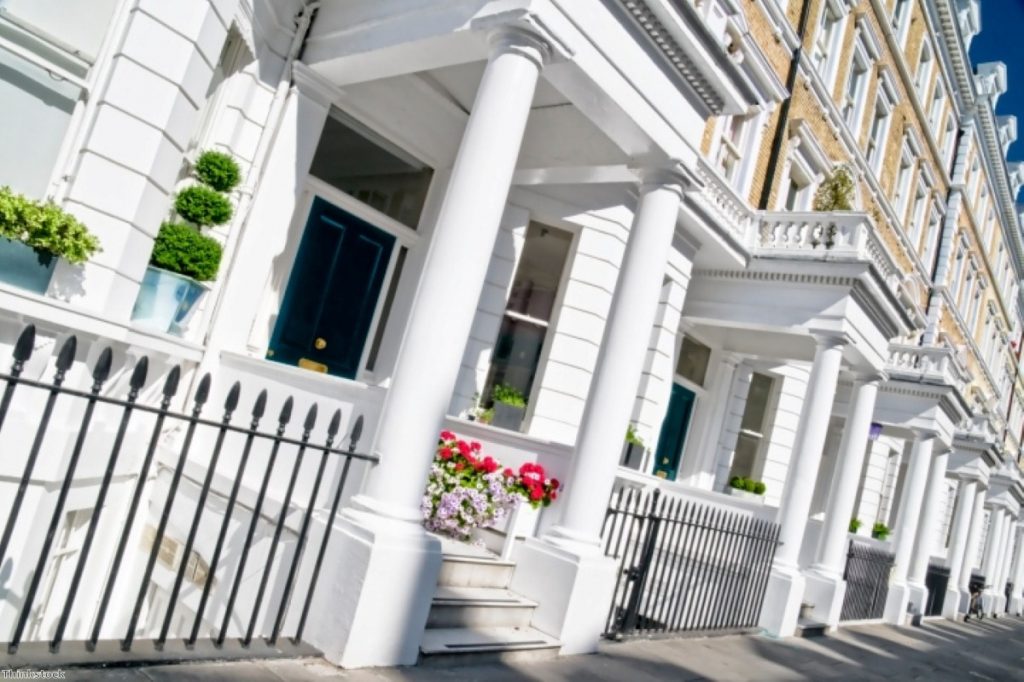Social housing sell-off ‘would cleanse posh neighbourhoods’
Selling off the most expensive fifth of social housing could help cut the waiting list for council homes by as much as 600,000 in five years, a thinktank has claimed.
Policy Exchange, which has close links with the Conservative party, is arguing in a report out today that £4.5 billion could be raised by putting social housing properties worth more than the regional average on the market.
That money could be spent on building up to 170,000 new homes a year, it suggests, creating up to 340,000 jobs in the economy and raising tenants' standards of living.
Such a move would also drastically extend the 'cleansing' of Britain's most expensive areas of poorer people already warned about by organisations like the National Housing Federation.


Concerns have already been triggered by the introduction of a £26,000 cap on housing benefit, but a sell-off of this kind would go much further.
"Expensive social housing is costly, unpopular and unfair. That is why almost everybody rejects it," report author Alex Morton argued.
"Social housing tenants deserve a roof over their heads, but not one better than most people can afford, particularly as expensive social housing means less social housing and so longer waiting lists for most people in need."
The radical proposal could prove popular with right-wingers opposed to people living in expensive areas. Thirty per cent of social housing stock in London would be included in the sell-off, compared to 14.8% in the north-east.
David Orr, the NHF's chief executive, said Policy Exchange's idea was "fundamentally flawed".
"It could effectively cleanse many towns of hard working people who simply can't afford the high prices of buying or renting privately," he warned.
"The report also ignores the fact that there is not the mortgage availability or market for people to buy these homes."
Orr said that housing associations needed more flexibility on how to use their properties, but being forced to sell their assets did not fit well with their status as independent businesses.
"The answer is building more homes and the flexibility to take an imaginative approach," he proposed.
"This might sometimes mean selling some of their higher cost properties, or it might involve taking advantage of the value of those properties to innovatively raise finance."
Housing minister Grant Shapps has indicated broad approval for the approach, but said the government was already doing a lot to improve the situation.
"I've been determined that we get Britain building and help the thousands of families who for years have been left languishing on social housing waiting lists," he said.
The coalition's affordable housing programme is set to build 170,000 new homes a year.
Shapps has also allowed councils to offer fixed-term tenancies and already permits councils looking to sell vacant council housing to keep the receipts to invest in affordable housing, regeneration or paying down housing debt.
Policy Exchange argued in its report that all would benefit from the change, including those forced to move out of properties. Living costs in expensive areas is up to 15% more than in areas where property prices are cheaper, the report said.
It also suggested in its report that local referenda could be used to ensure the newly built estates are not unattractive.
But the report sparked an intense partisan reaction, which drove the hashtag 'LOLicyExchange' to prominence on Twitter.









